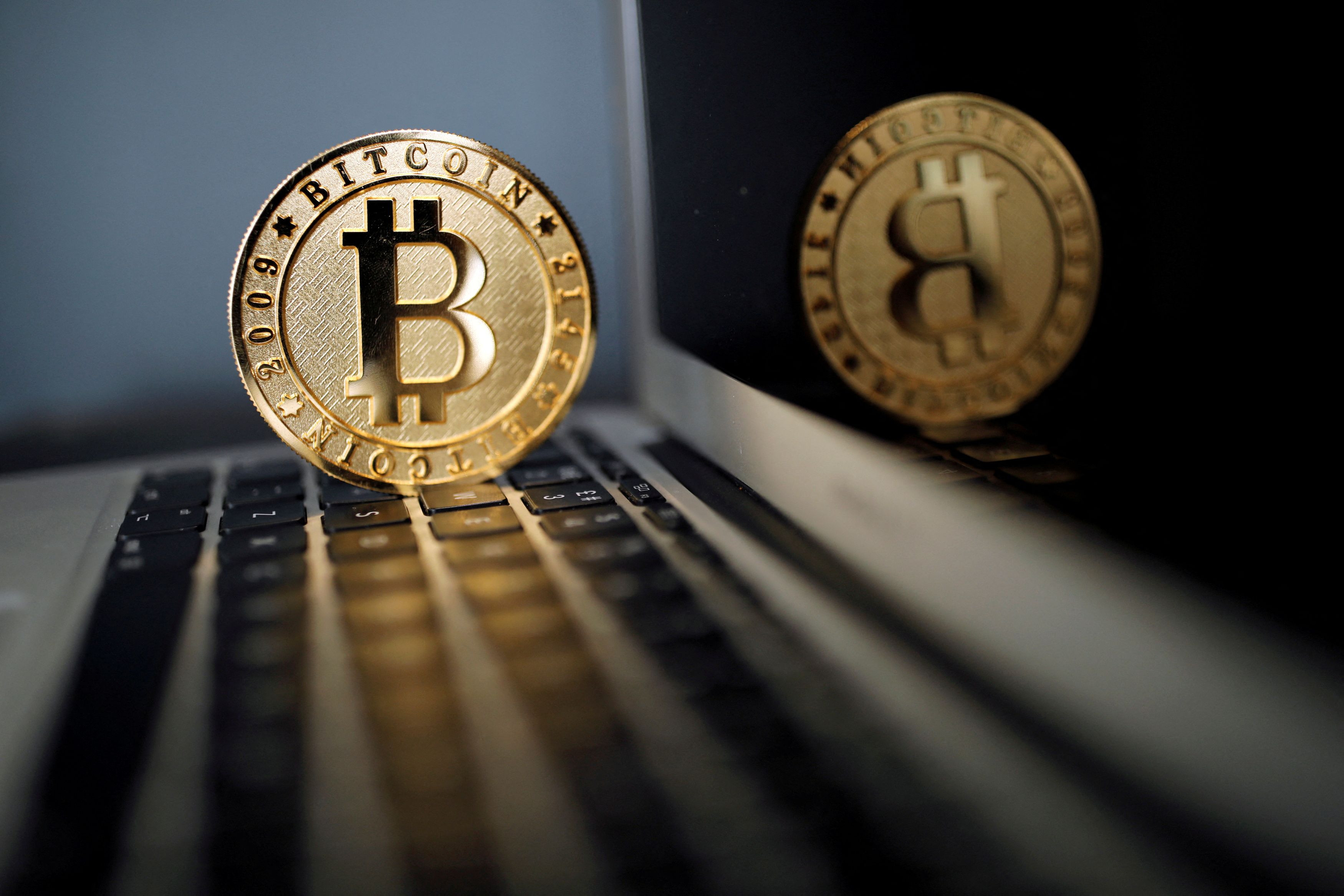Intel, the iconic chipmaker that helped power the PC revolution, is facing a turbulent era as it grapples with declining profits and a fierce competition in the burgeoning artificial intelligence (AI) market. In a dramatic move, the company announced plans to cut 15% of its global workforce, equivalent to 15,000 jobs, and suspend its dividend payments. The news sent shockwaves through the market, leading to a staggering 26.5% slump in Intel's share price, its worst decline in over four decades, wiping out roughly $32 billion (€29.3 billion) from the company's market value.
Intel's CEO, Pat Gelsinger, acknowledged the severity of the situation in a message to employees, stating, “I have no illusions that the path in front of us will be easy. You shouldn’t either.” He described the announced changes as “some of the most consequential changes in our company’s history.”
The job cuts are a direct consequence of Intel's disappointing financial performance. The company reported a net loss of $1.6 billion, a sharp contrast to the $1.5 billion profit it recorded in the same period last year. Revenue was down by 1%, year on year, reflecting the company's struggle to keep pace with the rising demand for chips used in AI applications. Gelsinger admitted in his memo that Intel's costs are too high and its margins are too low, calling for “bolder actions” to address these issues.
The impact of Intel's job cuts on its Irish operations, where it employs 4,900 people, remains uncertain. A company spokesperson stated that the number of impacted roles will vary across business units and regions, and that there is no specific figure available for Ireland. However, a 15% reduction would mean the loss of approximately 735 jobs in the country.
Intel's Irish operations have been a major contributor to the country's economy for over three decades. The company has invested more than €30 billion in Ireland since establishing its presence in 1989, with facilities in Leixlip and Shannon. The recent job cuts have sparked concerns among both employees and policymakers.
Minister of State James Lawless, a Kildare North TD, expressed confidence that Intel would continue to provide quality employment in Ireland. He pointed to the company's recent multi-billion investment in campus expansion at the Fab facility in Leixlip as evidence of their commitment to the country. Lawless also highlighted the EU Chips Act, which aims to support domestic production of microchips within the EU, as a positive factor for Intel's future in Ireland.
Despite the job cuts, Intel remains a major player in the personal computer and server markets. However, the company has struggled to keep pace with the rapid growth of the AI chip market, where it faces stiff competition from Nvidia, the current leader in the field. Nvidia's dominance in the AI market has been fuelled by its strong technical capabilities, which have allowed it to create chips specifically designed for AI applications.
Intel's ambitious foray into the foundry business, which involves manufacturing semiconductor chips for other companies, has also faced challenges. The company's decision to decline investment in cost-effective extreme ultraviolet machines for its manufacturing facilities led to outsourcing a significant portion of production to a rival, TSMC, a decision that highlights the company's struggle to maintain its technological edge in the rapidly evolving semiconductor industry.
As Intel navigates through these turbulent waters, the company's future will hinge on its ability to regain its technological leadership and establish a successful foundry business. The company has been proactive in cost-cutting measures, including mass layoffs in 2022 and the recent announcement of an enhanced retirement offering and a voluntary departure program. However, the path to recovery is expected to be challenging, with the company's financial performance and stock price remaining under close scrutiny from investors and industry analysts.
While Intel's future is uncertain, it's undeniable that the company remains a key player in the semiconductor industry. The company's ability to compete in the rapidly evolving AI market and establish a successful foundry business will be crucial in determining its long-term prospects.
The AI Race: A Shift in the Tech Landscape
The rise of AI has fundamentally reshaped the tech landscape. Once considered a niche technology, AI has become a dominant force across industries, driving innovation and disrupting traditional business models. Nvidia's success in the AI chip market underscores the immense potential of this rapidly growing field. As AI continues to evolve, companies like Intel will need to adapt quickly and make strategic investments to remain competitive. The race to develop and deploy AI technology is accelerating, and those who fail to keep pace risk being left behind.
The Future of Semiconductor Manufacturing
The semiconductor industry is facing a new wave of challenges as the demand for chips continues to grow exponentially. The need for advanced manufacturing facilities and cutting-edge technology has become paramount. Intel's decision to outsource a portion of its manufacturing to TSMC highlights the increasing complexity of the semiconductor supply chain. Companies like Intel will need to navigate this complex landscape, finding innovative ways to optimize production and secure access to the critical resources needed to meet the growing demand for chips.
The Impact of Intel's Job Cuts on Ireland
The news of Intel's job cuts has sent shockwaves through Ireland, where the company has been a major employer for decades. The potential loss of hundreds of jobs in the country has raised concerns about the impact on the local economy. The Irish government has pledged to support workers affected by the job cuts, but the long-term implications remain unclear. Intel's future in Ireland will depend on its ability to maintain its operations in the country and adapt to the evolving needs of the semiconductor industry. The success of the company's Irish operations is crucial for the country's economic growth.
Conclusion: A Turning Point for Intel
Intel's decision to cut jobs and suspend dividends marks a significant turning point for the company. The chipmaker is facing a pivotal moment, forced to confront a changing market and a competitive landscape where AI reigns supreme. The company's ability to adapt and innovate will determine its future. The path to recovery will be challenging, but Intel's commitment to its Irish operations and its legacy in the semiconductor industry provide a foundation for growth and future success. As the company navigates this new era, the eyes of the tech world will be watching closely to see if Intel can reclaim its position as a leading force in the industry.

















